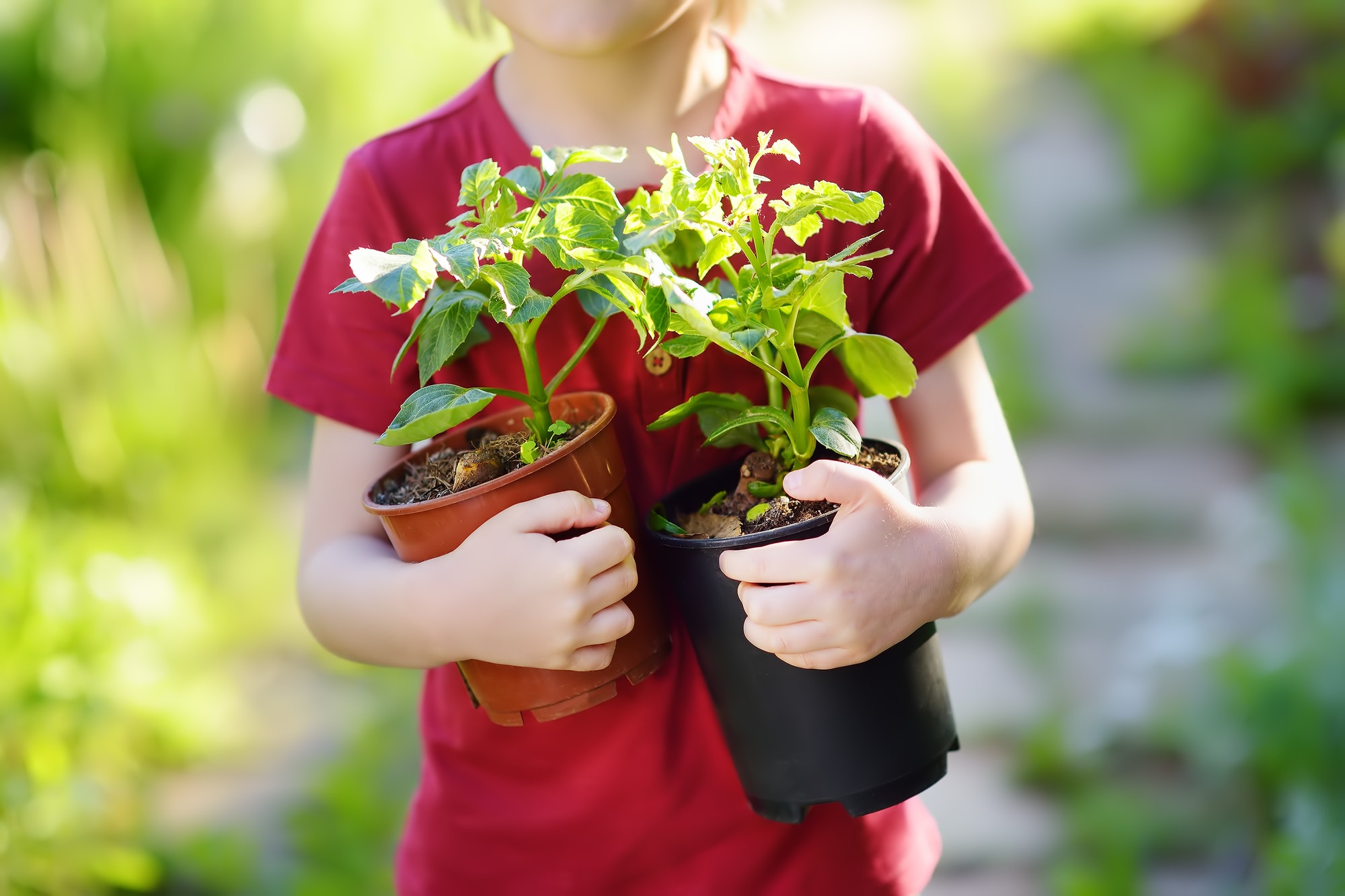What are the rights of children? Children are humans who are below the age of majority. This means that a child has fewer rights than an adult and is therefore unable to make serious decisions. The term “children” can refer to people born within a marriage or anyone who is below the age of majority. In addition, it can apply to a child if it is not yet an adult. Listed below are some of the rights that children have.
The first step is to plant seeds. Children are able to grow plants indoors. However, they need to know when to water them. You can help them learn how to protect plants by making a checklist of the things they need to do. Insects will harm plants, so make sure you teach them how to recognize them. Another way to protect plants is to use a vinegar and water solution, mixed into a spray bottle. For weeds, a garden hose is a handy tool. Several fruits take several years to grow, so it’s important to plan ahead. When the fruits mature, you can help your child harvest them. Alternatively, you can make jam, preserves, or preserve nuts.
Planting fruit and vegetables is a great way to teach children about food and nutrition. They’ll enjoy sowing seeds, watering the young plants and then eating the food that they have grown themselves. Some of the easiest fruits to grow are strawberries. Planting strawberries in spring can ensure that your child enjoys fresh fruit in late May. You can also choose an ever-bearing variety. Strawberry plants can be planted hand-width apart or in pots and fed with tomato fertiliser once they’ve begun to flower.
Another example of children’s rights is the right to play. In medieval China, children’s rights were limited by laws imposed by the Chinese government. Children were often abused, neglected, and ignored in the streets. Fortunately, child protection laws began to emerge during the 19th century. In the United States, child abuse and exploitation of children have become widespread, with more cases than ever being reported. UNICEF’s definition of abuse, “child exploitation” is defined as “intentional, wrongful, or abusive behavior.”
The importance of early childhood education cannot be overstated. The early Iowans played with each other and made toys and games together. In the early 20th century, there was an industry dedicated to providing children’s entertainment. Despite the importance of childhood education, children today are required to attend school until they reach the age of 16, although many young people are also enrolling in college. So, how do we make sure that our children have the best possible start in life?
Unlike most animals, children love exploring plants, and while plants may not move, they can spark a child’s natural curiosity. Whether in an urban or rural area, plants can be found in all areas and are often in plain view. For example, there are flowering plants like apple and maple trees, and non-flowering ones such as cacti and weeds. As long as your child can reach them, they will be fascinated with all kinds of plants.


